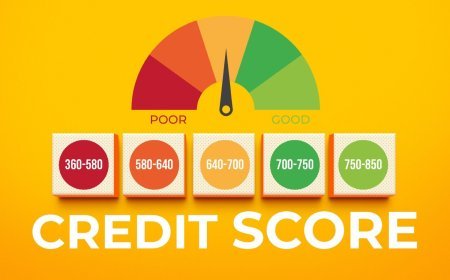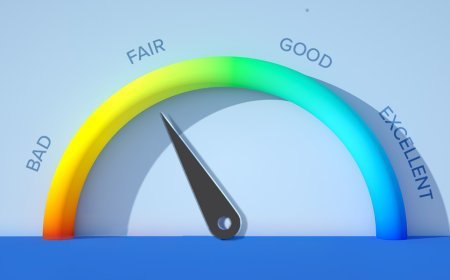Co-Signing a Loan: Risks and Responsibilities
Understand the risks and responsibilities of co-signing loans. Learn how co-signing affects your credit and what happens if the borrower defaults.

Co-signing a loan is a significant financial commitment that makes you legally responsible for another person's debt. While co-signing can help someone qualify for credit they couldn't obtain alone, it carries substantial risks that every potential co-signer should understand before agreeing to this arrangement.
When you co-sign a loan, you become equally responsible for the debt as if you borrowed the money yourself. The lender can pursue you for payments immediately if the primary borrower misses payments - they don't have to exhaust collection efforts against the primary borrower first. Your credit score, debt-to-income ratio, and ability to qualify for future credit are all affected by the co-signed loan.
Co-signed loans appear on your credit report just like your own debts. Late payments, defaults, or other negative activity by the primary borrower directly impact your credit score. Even if you never miss a payment on your own accounts, the co-signed loan can damage your credit if the primary borrower struggles with payments.
The financial risks extend beyond credit impact. You're legally obligated to repay the entire loan balance if the primary borrower defaults. This responsibility includes the principal balance, accrued interest, late fees, and collection costs. If the loan is secured by collateral like a vehicle, the lender can repossess the asset even if you weren't the one using it.
Co-signing affects your ability to qualify for future credit since the loan counts toward your debt-to-income ratio. A $20,000 auto loan you co-signed appears as your debt obligation when applying for mortgages or other loans. This can reduce your qualifying loan amounts or prevent approval entirely, even if you're not making the payments.
Relationship risks are often underestimated when co-signing for family or friends. Money problems can strain relationships, especially when you're held responsible for someone else's financial mistakes. Many co-signers report feeling resentful or used when borrowers don't communicate about payment difficulties or simply stop paying without warning.
Before agreeing to co-sign, evaluate the borrower's financial situation honestly. Review their income, expenses, employment stability, and credit history. Understand why they need a co-signer - poor credit, insufficient income, or lack of credit history all indicate different risk levels. Ask for complete financial transparency including bank statements and pay stubs.
Consider alternatives to co-signing that might achieve the same goal with less risk. You could lend money directly to the person, which gives you more control over terms and repayment. Helping them improve their credit score over time might eliminate the need for a co-signer. Sometimes waiting until their financial situation improves is the best option.
If you decide to co-sign, protect yourself with specific agreements and safeguards. Insist on being listed on any loan statements so you can monitor payment activity. Set up alerts or automatic notifications about payment due dates and account status. Some lenders offer co-signer release options after a certain number of on-time payments - understand these terms upfront.
Establish clear communication expectations with the primary borrower about their responsibility to inform you of any payment difficulties before they occur. Create written agreements about who pays what and under what circumstances, even though these may not be legally enforceable. Discuss what happens if their financial situation changes.
Monitor the co-signed account regularly through your credit reports and any account access you can obtain. Set up credit monitoring alerts that notify you of changes to your credit report, including late payments on co-signed accounts. The sooner you know about problems, the more options you have to address them.
Understand your legal rights and options if problems arise. Some states have laws requiring lenders to notify co-signers before pursuing collection actions. You may have the right to cure defaults by bringing accounts current. In worst-case scenarios, you might need to take over payments entirely to protect your credit.
Consider the specific loan type when evaluating co-signing requests. Auto loans at least have collateral that retains some value, while personal loans and credit cards provide no asset protection. Student loans often have special benefits like deferment options and forgiveness programs that might reduce risks. Mortgages involve substantial amounts but have property backing the debt.
Be especially cautious about co-signing for someone with a history of financial problems, regardless of their promises to change. Past payment behavior is often the best predictor of future performance. Also be wary of high-pressure situations where someone needs you to co-sign immediately - legitimate borrowing needs usually allow time for careful consideration.
What's Your Reaction?
 Like
0
Like
0
 Dislike
0
Dislike
0
 Love
0
Love
0
 Funny
0
Funny
0
 Angry
0
Angry
0
 Sad
0
Sad
0
 Wow
0
Wow
0











































